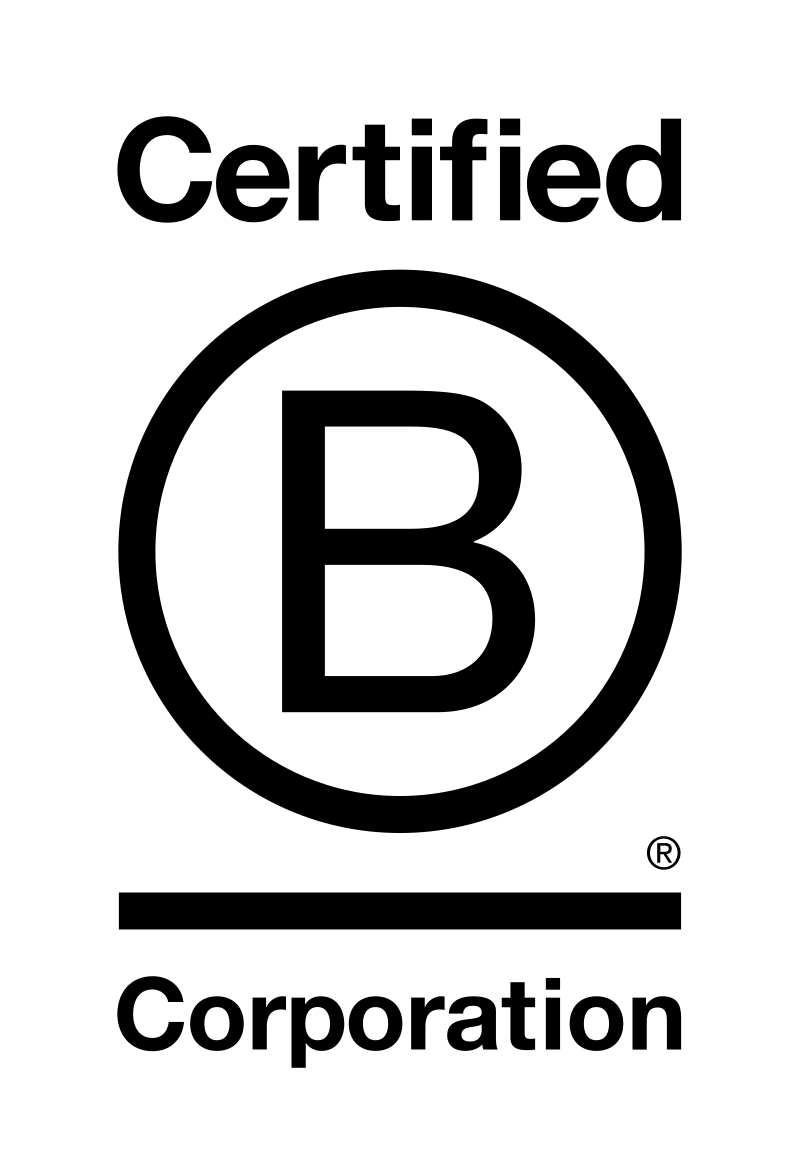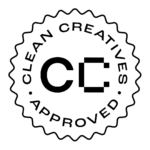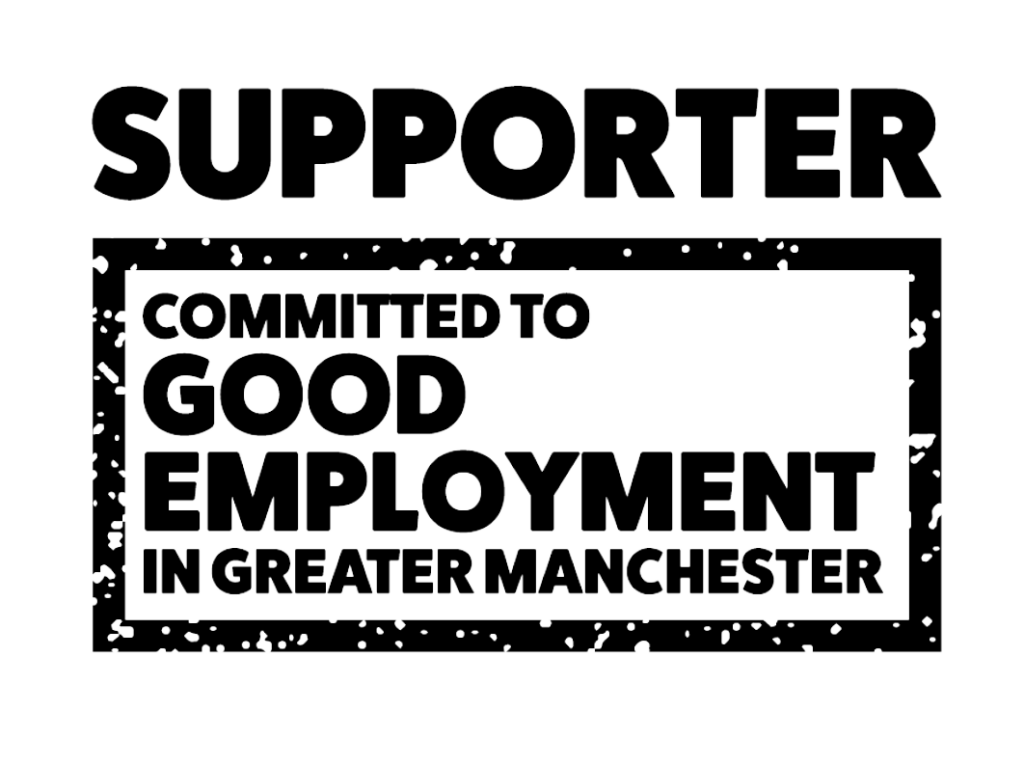
Georgina, our Head of Content, really knows her way around great writing. She intertwines strategy effortlessly into every piece, creating content that cuts through and gets people to act. Georgina also mentors our budding copywriters, helping them refine and elevate their craft. Outside of work, you’ll find her rolling dice in Dungeons & Dragons or swooning over dogs.
Because you value them. Make them feel understood.
A CRM system gives you this capability. It’s a tool that manages all your customer interactions, helping you keep track of sales, service and marketing all in one place. Like Salesforce, HubSpot or Zoho, helping you turn satisfaction into revenue.
Learn what CRM systems do in detail, different types, benefits and how to make the most out of your investment.
We cover:
A CRM, or Customer Relationship Management system, is essential for businesses that want to maintain strong stakeholder relationships. For example, it centralises all your data — contact information, communication history and transaction records — so your sales team always knows the status of each account.
With a CRM, you can track leads through every stage of the sales funnel, ensuring no opportunity slips through the cracks. It also helps you coordinate efforts between sales, marketing and customer service, keeping everyone on the same page.
Things can get confusing when we add different types of CRMs into the mix, but we can simplify it for you.
Choosing the right CRM system for your business can be daunting — there are literally hundreds of different tools available, from off-the-shelf options to custom developments. Each has its pros and cons, depending on your specific needs and budget.
However, here are a few of the common ones:
HubSpot — Operational and Analytical CRM
HubSpot offers a complete suite for managing marketing, sales, and customer service. It automates email campaigns, tracks customer interactions and provides detailed analytics. With features like lead tracking, pipeline management and content management, it’s used for inbound marketing and sales alignment.
Insightly — Operational and Collaborative CRM
Insightly focuses on project management alongside CRM and marketing automation functionalities. It allows businesses to manage contacts, track sales opportunities and handle tasks in one place. With features like workflow automation and integrations with G Suite and Office 365, it’s used for managing both customer relationships and internal projects.
Zoho CRM — Operational and Analytical CRM
Zoho CRM offers a wide range of tools to automate sales, marketing and support processes. It features lead management, workflow automation, AI-powered sales predictions and multichannel communication. Zoho integrates with many apps and is highly customisable, making it suitable for businesses of all sizes.
Pipedrive — Operational CRM
Pipedrive is a sales-focused CRM designed to streamline the sales process. It provides visual pipelines, customisable stages and activity reminders to help sales teams stay organised. Pipedrive is known for its simplicity and ease of use, making it optimal for small to medium-sized businesses focused on closing deals.
Salesforce — Operational, Analytical, and Collaborative CRM
Salesforce offers tools for sales, marketing, customer service and more. It’s highly customisable, with powerful analytics and AI features. Salesforce supports extensive third-party integrations, making it suitable for large enterprises that require a scalable solution.
Capsule — Operational CRM
Capsule is used to manage customer relationships and sales pipelines. It focuses on organising contacts, tracking communication history and managing sales opportunities. Capsule’s clean interface and straightforward features make it useful for small businesses that need a user-friendly CRM without unnecessary complexity.

We can’t say for sure. When helping clients find the best CRM, we gather detailed information about their business. Picking a CRM after reading an article is risky because each business has unique needs and challenges. A CRM that works for one company might not be the best fit for another.
But we can give you a general idea to start your research.
If you’re looking for a powerful all-in-one solution with strong marketing capabilities, HubSpot would be a solid option. For businesses that need a mix of project management and CRM, Insightly could be effective. If customisation and scalability are key, Zoho CRM offers flexibility across all business sizes.
For sales-driven organisations that value simplicity, Pipedrive works well. Large enterprises needing a comprehensive and scalable solution should consider Salesforce. And if you’re a small business seeking an easy-to-use, no-frills CRM, Capsule could be the smart choice.
We are agnostic when it comes to software providers. We’ve implemented a range of tools into different businesses after a thorough audit to understand the best solution for their needs and budget.
Each CRM has its strengths (and weaknesses!), so consider what’s most important to your business before making a decision. One thing is for certain, however …
Want to grow your business and continuously stay ahead? You need a CRM.
Enhanced segmentation
A CRM allows you to segment your customers into different groups based on various criteria like purchase history, demographic details and behaviour. This segmentation enables highly targeted sales and marketing campaigns that are more likely to resonate with specific audiences, improving conversion rates.
Predictive analytics
Some modern CRM systems integrate AI and machine learning to analyse your data and predict future customer behaviours, such as the likelihood of a purchase based on past interactions. This enables businesses to connect with customers at just the right moment. By predicting when a customer might need a new product or a special discount, companies can initiate contact before the customer reaches out, often leading to a sale that feels both timely and personal.
Customer retention insights
CRM systems help identify trends and patterns in customer churn. By understanding the “why” and “when” of past customer departures, you can implement strategies to improve retention. Tailoring experiences based on these insights can turn potentially dissatisfied customers into loyal ones.
Cross-functional collaboration
How do you make sure your whole team is on the same page about your customers’ needs? A CRM integrates sales, customer service and even back-office processes. With everyone accessing the same customer data, your team gets a complete view of each customer’s journey. This coordination leads to quicker problem-solving and more consistent experiences at every touchpoint — helping make sure that your customers feel understood and valued.
Becoming a B Corp
If you’re aiming to become a B Corp (dooo it), a CRM can be a valuable tool. It helps you keep track of compliance with standards like GDPR. This is crucial for meeting the strict governance requirements of a B Corp certification. It makes it easier to show you’re accountable and transparent, and a CRM supports that effort.

Bottom line — a CRM system is a strategic asset for any business looking to thrive. It automates tedious but crucial tasks. It frees up your team to focus on more creative tasks. It helps you improve customer relationships with behaviour insights and preferences.
It’s as essential as any team member and the key to improving conversion rates and sales. That’s if you wield it wisely.
Squeezing value from your CRM
To get the most out of your CRM system, don’t settle for using 5% of its capabilities. Most businesses only scratch the surface by storing customer contacts and basic data. Your CRM can offer much more. Make the most of it by:
Setting clear goals
Identify what you want to achieve with your CRM, such as increasing sales or enhancing customer service. You can customise how you use the CRM to support these objectives. It aligns the CRM’s functionalities with your business needs.
Exploring all features
Take the time to learn about everything your CRM can do, like automated marketing, detailed analytics and sales forecasting. You’ve paid for a tool, so make sure you’re getting your money’s worth!
Training your team
Make sure everyone feels comfortable using your CRM. Regular training sessions will improve proficiency. You could also appoint a CRM expert (like a project or operations manager) people in your team can go to for support.
Integrating with other tools
Connect your CRM with your email, accounting, project management and marketing tools. This makes your work easier by unlocking new capabilities, cutting down on double entries and keeping everyone on the same page about customer details.
With a robust CRM, you’re not guessing. You’re making informed decisions that lead to real results.
But we understand the hesitation — initial costs, training time and the learning curve can seem overwhelming.
Keep learning to feel more informed about your CRM investment. Our upcoming webinar will help you choose the right CRM so you can progress.


